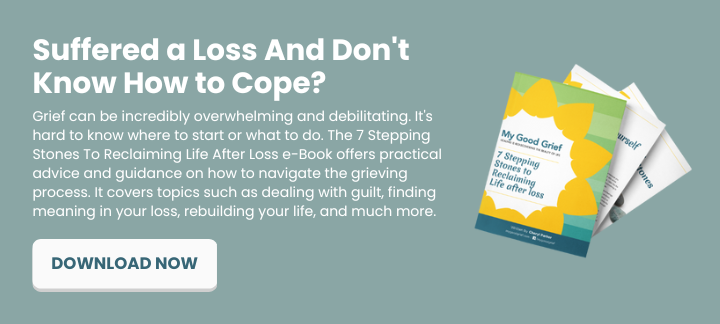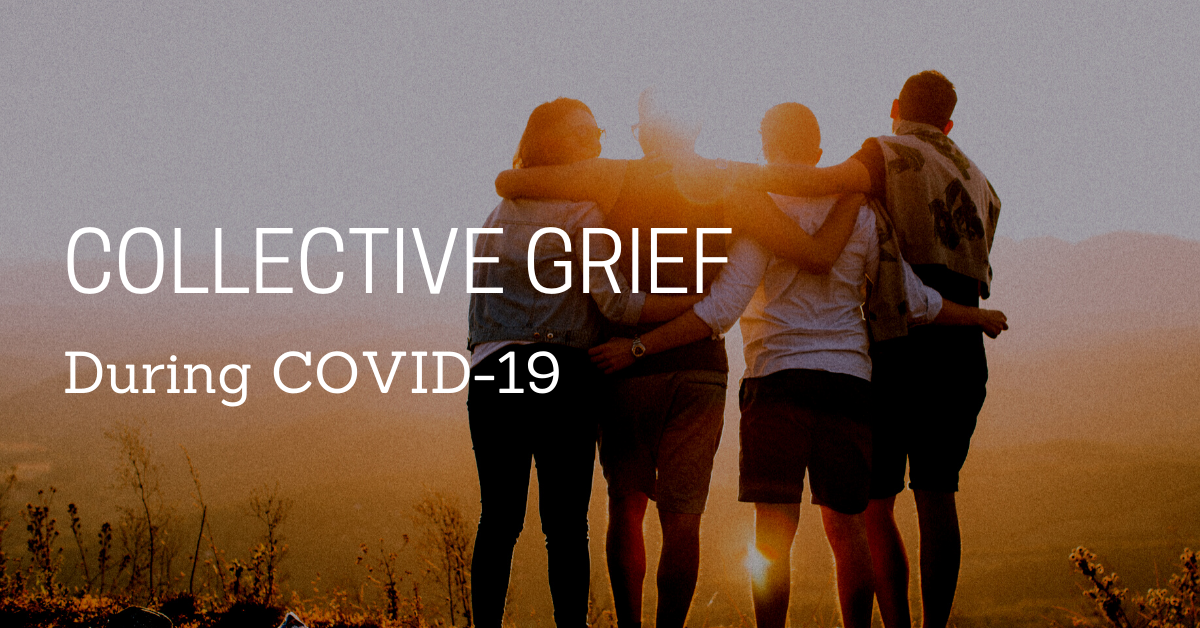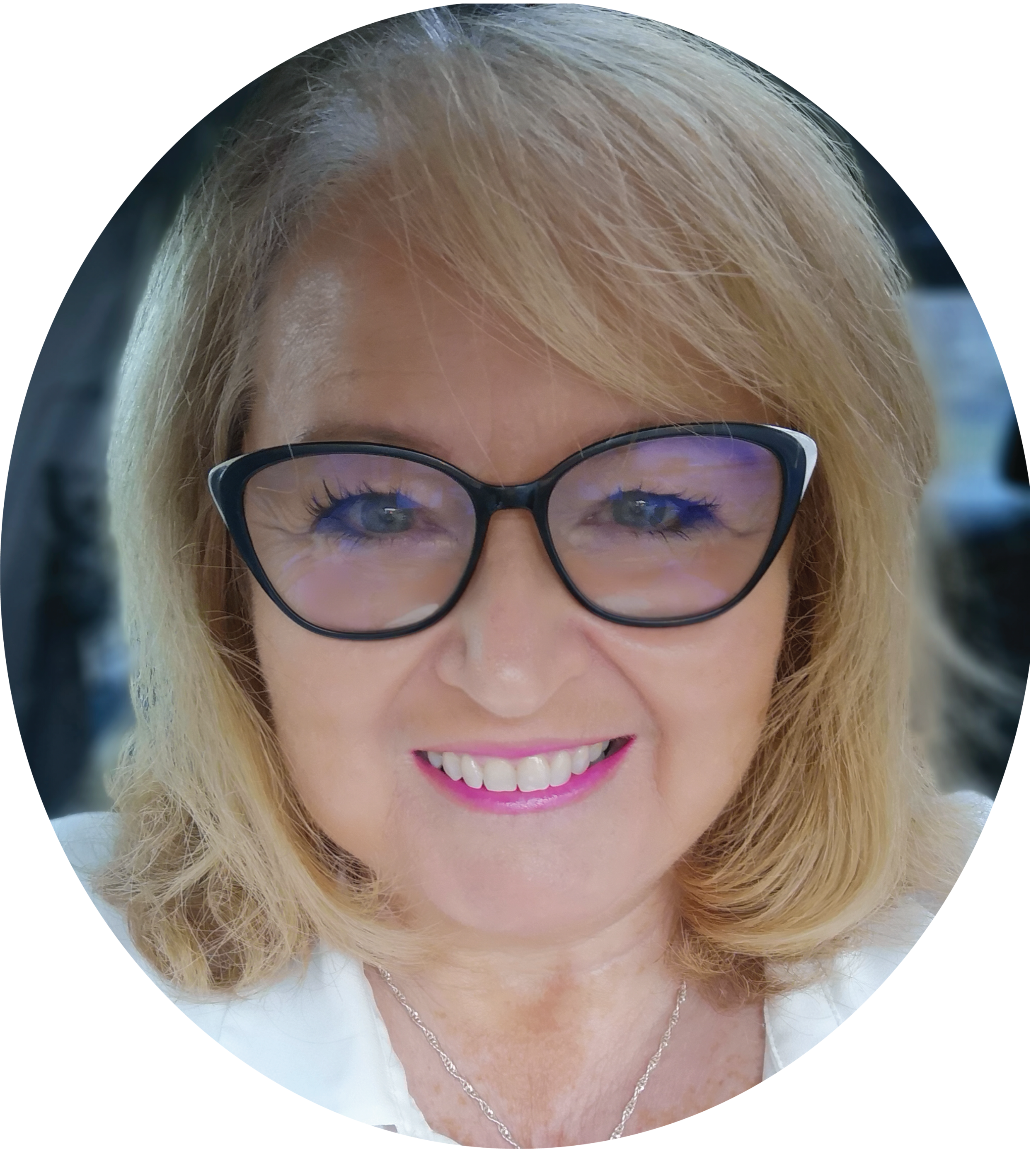Guiding my clients through their grief process, I have seen over and over, that many losses don’t get the acknowledgement or attention they deserve, to get expressed and resolved for ourselves. Let’s explore what Collective Grief is, how it impacts us, and ways we can navigate through it.
Grief can easily get minimized and verbalized as “ I feel off”, “I am worried”, “I am stressed”, I feel anxious”, I feel depressed/down”, “something feels weird”, “I’m not myself” or those feelings can be dismissed altogether as we allow our coping strategies to kick in to take care of us such as – “Keep Busy”, “Have a glass of wine”, “Eat a cookie”, ‘Bake a banana bread”, “Workout”, “Binge a new series on Netflix”, “Read a book”, “Call a friend that has the same complaint and commiserate for validation”, and any other number of distractions that takes our mind off what we are really feeling. Don’t get me wrong, coping strategies are good. Thank goodness we have them. They can totally serve us in stressful times. It is when they are being over used to avoid or replace what we are feeling that they can become a detriment to us.
During these strange times, everything we know and are used to, has changed and it has been incredible to me how quickly the whole world pivoted and adapted. There has been an enormous global shift that included tv commercials, tv programming changes, gov’t subsidies in place, websites updated, billboard signs in the community, online businesses popping up, conferences shifting to virtual, curbside pickups created in retail stores and restaurants, business protocols created with spacing stickers and arrows on the floors to manage traffic flows and social distancing and many other things to demonstrate how we collectively, as a global community, changed overnight.
Those examples and many others are things we can see, however, what we don’t see is how we are collectively grieving. Grieving the loss of connection, physical contact, jobs, security, health, loved ones, income, familiarity, freedom, our version of normal. All of these losses and more.
Grief is not just about death. Grief arises when anything we view in our world, as normal, changes. Regardless of whether it is for good or bad reasons. For example, even though someone leaves a job for a better opportunity, doesn’t mean they don’t feel the loss of leaving the old one. It can be a good circumstance but you can still grieve. Ask any mother who has said good bye to their young adult as they go off to College or University. Happy, of course, sad, of course. It’s called grief.
I want to bring us back to the notion of this collective grieving. Never in my lifetime have I witnessed the whole world shift like I’m seeing now and never have I seen the world experience grief so collectively.
Although collectively, in that we are all experiencing the affects in one way or the other, we will all have our own individual grief experience and everyone will have their own flavor of it. Acknowledging this and giving room for everyone’s individual journey can take us a long way in this collective grieving process. No two people grieve the same. There is no right way to do it, there is just your way to do it that works for you.
I believe recognizing it as grief will provide a frame work for people so they can understand what they are feeling. I know for me, if I can frame it, I can name it and I can feel it, express it, and resolve it. Having it live as something I don’t understand or not knowing what is going on with me, leaves me victimized to my feelings and my actions. Owning it, allows me to take charge and deal with it in my own way.
Grief is not linear, nor does it come in a neat package with a bow on top. It can be relentless and feel cruel at times. It can invoke anger, disappointment, guilt, dissatisfaction and a myriad of emotions that don’t come in any particular order. Grief never happens on our preferred timeline and just when you think you’ve passed through one of these emotions, they can rear their head again and knock you off your course.
Knowing this can equip you to navigate through the emotions, put some practices in place, create a structure, learn some tools and buckle up for the ride.
To get some tools to support you while you are navigating through grief please read Tools to navigate through grief.
When we don’t have tools to move us from the Sympathetic Nervous system (Fight or Flight) to the Parasympathetic nervous system (Rest & Digest), we hang out in the Sympathetic nervous system which puts us in fight or flight mode constantly thinking it has to protect us from the saber tooth tiger and that has major impacts on our heart, lungs, kidneys etc. That’s why you often hear that unacknowledged and unresolved emotions/grief, can manifest into physical and psychological issues.
Being in the Parasympathetic has our nervous system be in our natural state of calm which is where we should hang out most of the time to be in good health reserving the sympathetic nervous system to support us when there is an actual threat, not day in and day out. If you are in constant fight or flight, no wonder you are exhausted.
We are all doing our best in the midst of this changing world and it’s helpful to have some tools in our tool belt to cope with it all. Most of us have never been here before and moving forward, these tools can support you.
Here are some free resources if you would like to learn more:






